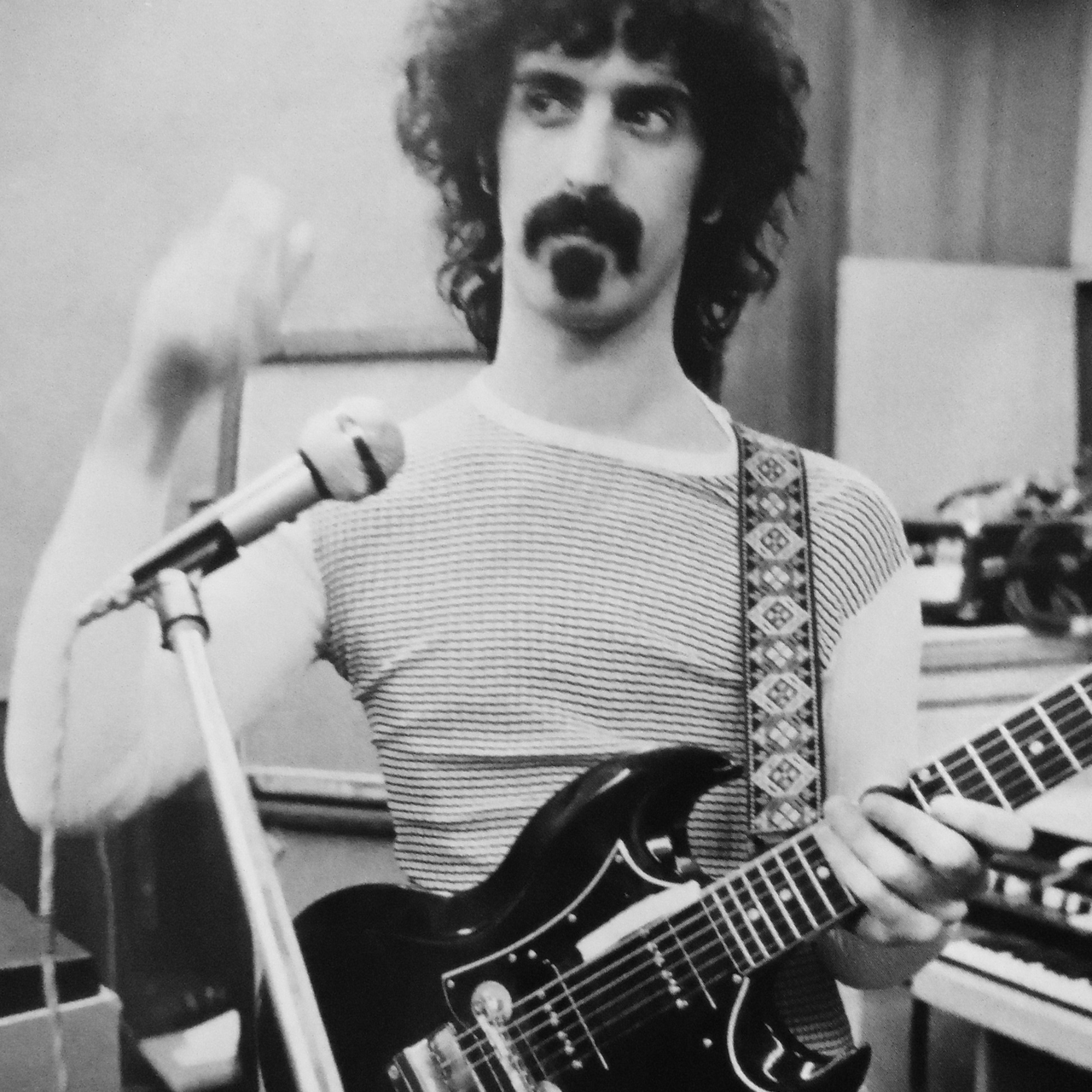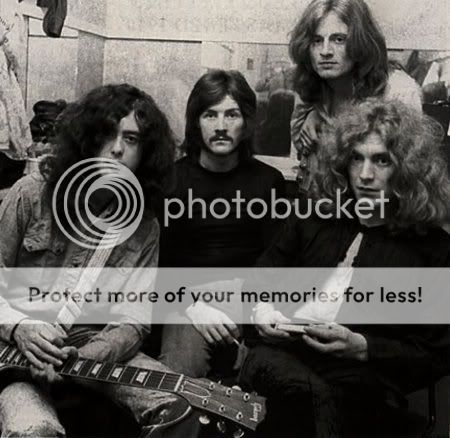18-02-2021 FAVTRAX:MiX ~ 33 FAVOURiTE tracks 1976-1980 >>Tom Waits, Pat Metheny, Talking Heads, The Clash, Iggy Pop, Brian Eno, Talking Heads, David Bowie, The Police, Embryo, Alvin Lee, Jean-Luc Ponty<<
M U S I C (2h 30m)
if you want excitement PRESS SHUFFLE!
.favtrax_mix on deezer
favtraxmix label The player always plays the latest playlist tracks. / A lejátszó mindig a legújabb playlist számait játssza.
1976-1980
Step Right Up (Tom Waits)
Invitation to the Blues (Tom Waits)
from Small Change 1976
The fourth release in Tom Waits' series of skid row travelogues, Small Change proves to be the archetypal album of his '70s work. A jazz trio comprising tenor sax player Lew Tabackin, bassist Jim Hughart, and drummer Shelly Manne, plus an occasional string section, back Waits and his piano on songs steeped in whiskey and atmosphere in which he alternately sings in his broken-beaned drunk's voice (now deeper and overtly influenced by Louis Armstrong) and recites jazzy poetry. It's as if Waits were determined to combine the Humphrey Bogart and Dooley Wilson characters from Casablanca with a dash of On the Road's Dean Moriarty to illuminate a dark world of bars and all-night diners... If you like it, you also will like the ones before and after; otherwise, you're not Tom Waits' kind of listener.
Bright Size Life (Pat Metheny)
Missouri Uncompromised (Pat Metheny)
from Bright Size Life 1976
Pat Metheny's debut studio album is a good one, a trio date that finds him already laying down the distinctively cottony, slightly withdrawn tone and asymmetrical phrasing that would serve him well through most of the swerves in direction ahead. His original material, all of it lovely, bears the bracing air of his Midwestern upbringing... Besides being Metheny's debut, this LP also features one of the earliest recordings of Jaco Pastorius, a fully formed, well-matched contrapuntal force on electric bass, though content to leave the spotlight mostly to Metheny. Bob Moses, who like Metheny played in the Gary Burton Quintet at the time, is the drummer, and he can mix it up, too.
New Feeling (David Byrne)
Tentative Decisions (David Byrne)
Psycho Killer (David Byrne / Chris Frantz / Tina Weymouth)
from Talking Heads: 77 1977
Though they were the most highly touted new wave band to emerge from the CBGB's scene in New York, it was not clear at first whether Talking Heads' Lower East Side art rock approach could make the subway ride to the midtown pop mainstream successfully. The leadoff track of the debut album, Talking Heads: 77, "Uh-Oh, Love Comes to Town," was a pop song that emphasized the group's unlikely roots in late-'60s bubblegum, Motown, and Caribbean music. But the "Uh-Oh" gave away the group's game early, with its nervous, disconnected lyrics and David Byrne's strained voice. All pretenses of normality were abandoned by the second track, as Talking Heads finally started to sound on record the way they did downtown: the staggered rhythms and sudden tempo changes, the odd guitar tunings and rhythmic, single-note patterns, the non-rhyming, non-linear lyrics that came across like odd remarks overheard from a psychiatrist's couch, and that voice, singing above its normal range, its falsetto leaps and strangled cries resembling a madman trying desperately to sound normal...
























